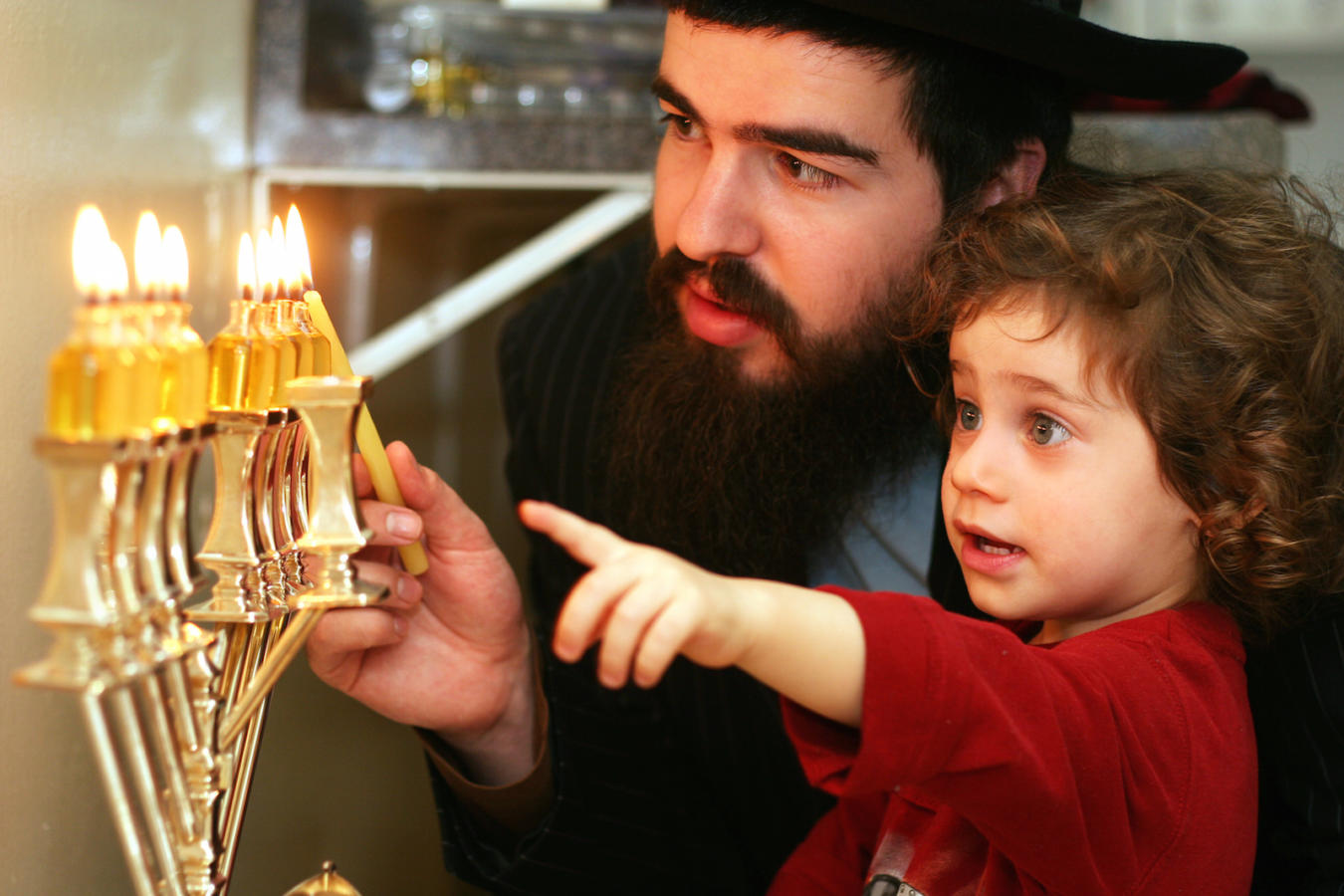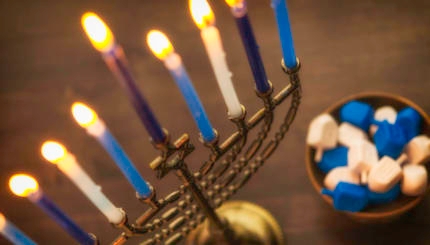Hanukkah is often thought of as the “Jewish Christmas,” in part because it usually falls out in mid to late December. (Read why Hanukkah is actually very different from Christmas.) Because the Jewish calendar is a lunar calendar and the secular calendar is solar, the exact date of Hanukkah fluctuates from year to year.
In 2018, the holiday falls out particularly early in the calendar. Hanukkah begins in 2018 on December 2 and ends on December 10 — right on the heels of Thanksgiving and more than two full weeks prior to Christmas. And it’s not the only holiday that feels early this year. Rosh Hashanah began on September 10 this year — also earlier than is common.
Why so early?
While the regular calendar year is 365 days long, the lunar calendar is only 354, which means that over time, a strictly lunar calendar would get gradually out of phase with the seasons. To correct for this, and to ensure that the holidays continue to fall in their correct seasons, the Jewish calendar inserts additional months to the calendar according to a complicated 19-year cycle known as the Metonic cycle.
With your help, My Jewish Learning can provide endless opportunities for learning, connection and discovery.
The years prior to leap years are typically those in which the lunar and solar calendar are most out of phase. The current Jewish year, 5779, is a leap year, which means an additional month will be added to the lunar calendar in early 2019 to correct for the early drift of all the Jewish holidays this year.



